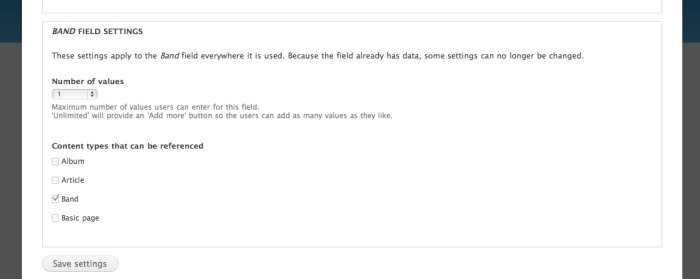A valuable post appeared on the Google Webmaster Central blog yesterday that I wanted to point out to our readers. The post, titled “Finding Places on the Web: Rich Snippets for Local Search,” discusses how certain structured HTML formats can help Google and other search engines identify the location of your business, and correctly display it in local search results.
I should first say that anyone who is interested in practicing good SEO should follow Google’s blogs closely. Google is never going to publish all of the criteria it uses to organize and sort search results (at least not in the foreseeable future), but if you follow what Google says publicly (whether it’s in a Google blog, a Webmaster resource on the site, or an interview with Matt Cutts), you’ll find not-so-subtle clues about how to make them happy and (presumably) get better search engine rankings as a result.
In this particular post, Google reveals its affinity for what it calls “structured HTML formats.” These formats act as markers to tag certain data in the content of your website. For example, you would use them to make your street address as such. That way, Google will know when it crawls your site that the text “52 Main St.” is your street address. You can use these markers to tag names of individuals, names of business, address, city, state, phone number, and other data.
The particular format that Google mentions by name in this post is the hCard format. hCard is one of two accepted formats that you can use to tag special information in the context of your website – the other is the RDFa format. As they are equally accepted, you can choose whichever you prefer to use on your site. However, since Google has taken the time to publish a blog post about it, it’s fairly clear that they would strongly encourage you to employ one of them.




